Before we delve into this discussion, it’s crucial to clarify one thing: this isn’t an article bashing “Friends” or its fans—because them MF’ers are like the Bey-hive and it ain’t that serious. Instead, it’s a critical examination of a broader issue: the appropriation of Black culture and media without proper acknowledgment. Through dissecting the striking similarities between “Friends” and “Living Single,” we shed light on a pattern of cultural erasure that extends far beyond the confines of sitcom television. So, let’s get to it.
“Living Single” Was A Blueprint

“Friends” may have dominated the airwaves and become accepted by some as the greatest sitcom of all time, but it was “Living Single” that laid the groundwork for the ensemble cast format that countless shows would later adopt. Living Single as a concept was brilliant, so much so that it was reported that Friend’s creator, Warren Littlefield, President of NBC at the time, told a publication that “Living Single” was the one show on air that he wished he had. Shortly after those sentiments, the first episode of “Friends” would air, bearing shocking similarities to its predecessor—with not so much as even a nod to the show its creator undoubtedly “borrowed” from.
While no official statement has been made regarding the inspiration behind “Friends,” the glaring resemblances between the two shows speak volumes. Fans, attuned to the nuances of cultural appropriation, recognize the truth: “Living Single” served as a blueprint that “Friends” unscrupulously replicated, albeit with a different coat of paint.
Cultural Impact vs. Cultural Phenomenon
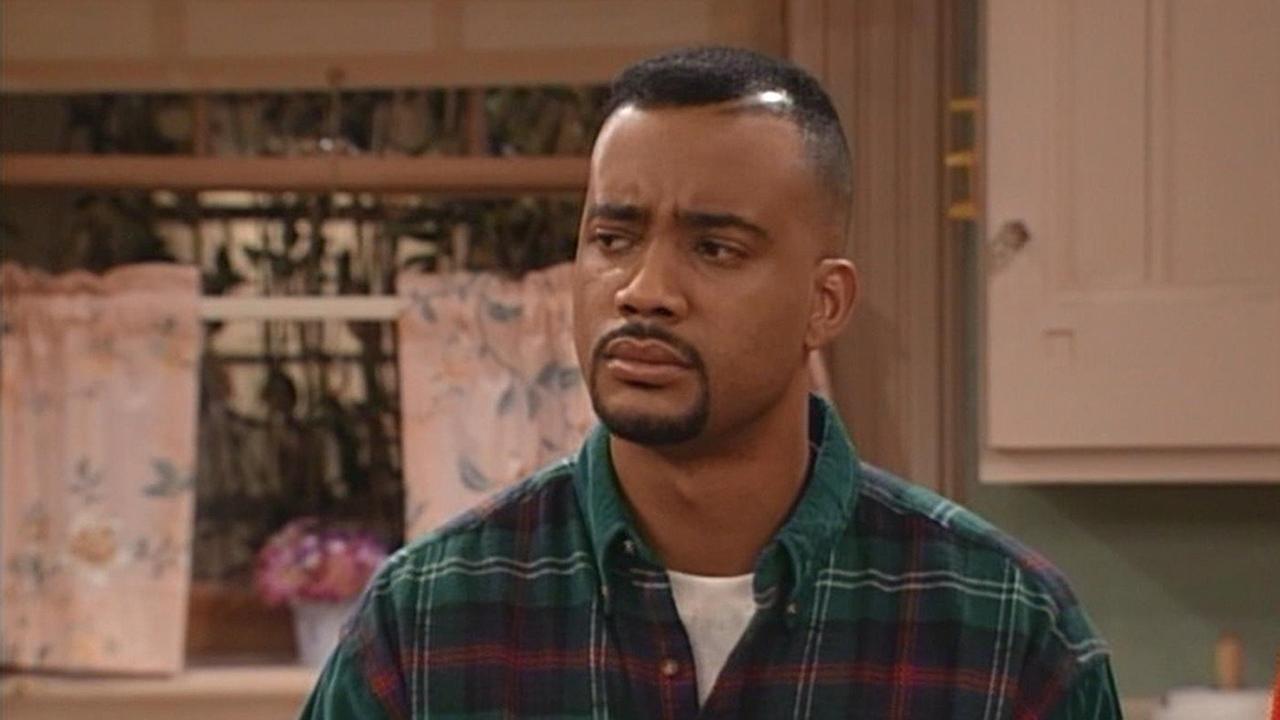
“Living Single” wasn’t just a show; it was a cultural touchstone. It gave us a glimpse into the lives of black professionals that wasn’t filtered through the prevalent white lens. “Friends” gave us a black ink-devoid, xeroxed concept over coffee shop conversations and a suspicious lack of diversity in New York City.
Before you attack me with stats, I know. I admit Friends would go on to become a cultural phenomenon and a show that would air for 10 seasons, only to be mentioned with The Simpsons and Seinfeld in terms of longevity. But let’s not ignore the evidence we already reviewed—it had its propers to give the show who broke ground first. And that show, “Living Single”, was the blueprint for authentic representation on TV. It offered a nuanced portrayal of Black professionals navigating life, love, and careers in a bustling city. The show wasn’t afraid to confront issues of race, identity, and social justice head-on. While “Friends” catered to a predominantly white audience and diluted Black experiences for mainstream consumption, “Living Single” spoke directly to Black viewers, resonating with its relatable characters and genuine storytelling.
Both Shows Have 6 Characters with Eyebrow-raising Similarities
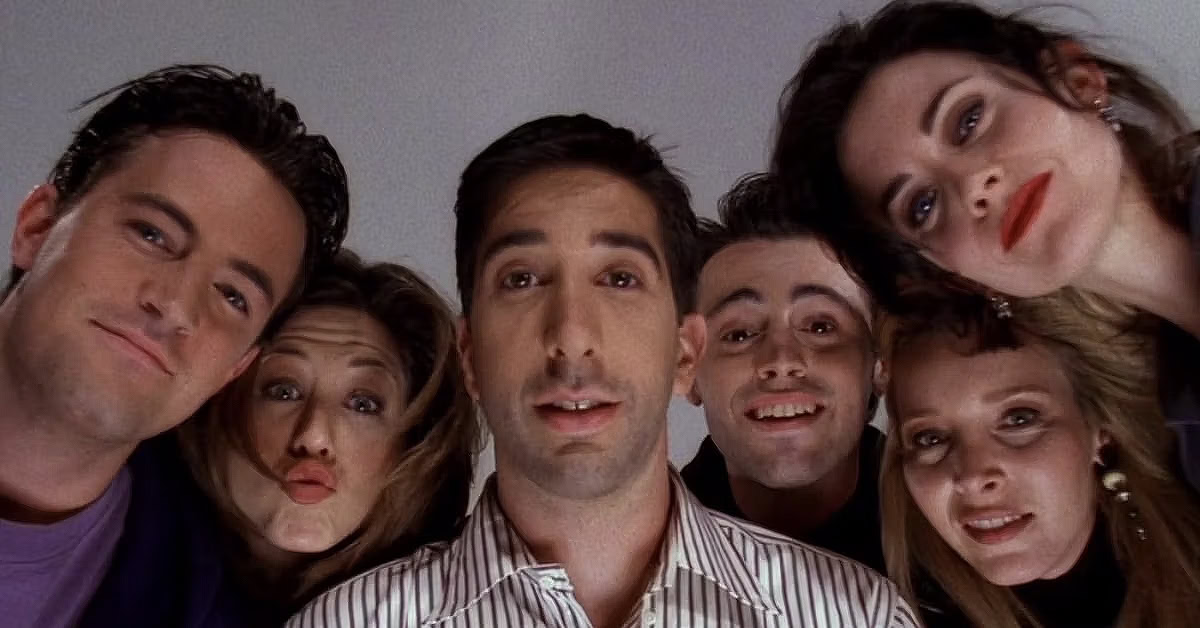
It becomes clear that the parallels extend far beyond mere happenstance. Let’s focus on the characters themselves. From the endearing quirkiness of Synclaire James-Jones to the suave sophistication of Kyle Barker, the vibrant personalities of “Living Single” find their echoes in their counterparts.
Kim Coles as Synclaire James-Jones
Kim was the epitome of quirkiness and lovable charm in “Living Single.” With her unique fashion sense and endearing personality, Synclaire brought light-hearted humor to the show, captivating audiences with her infectious energy.
Similar to Synclaire, Phoebe Buffay from “Friends” exudes quirkiness and charm. Both characters have a whimsical personality and a unique sense of style that sets them apart from the rest of the group. They both bring a light-hearted and comedic element to their respective shows.
John Henton as Overton Wakefield Jones
John Henton’s portrayal of Overton Wakefield Jones added a touch of Southern charm and quirky wit to “Living Single.” Overton, the building handyman with a heart of gold, became a beloved character known for his down-to-earth demeanor and unwavering loyalty to his friends.
In “Friends,” Joey Tribbiani’s is similar to Overton’s. Both characters are known for their loyalty to their friends and their good-natured personalities. Both have the perception of savant-like wisdom contrasted by their comedic hijinks.
Erika Alexander as Maxine Felice Shaw
Erika Alexander’s Maxine Felice Shaw brought depth and humor to “Living Single.” As Khadijah’s best friend and roommate, Maxine was known for her sharp wit, fierce independence, and unapologetic attitude, making her a memorable and empowering character for viewers.
Monica Geller from “Friends” shares similarities with Maxine in terms of their strong personalities and independence. Both characters are known for their sharp wit and their ability to stand up for themselves and their friends.
Kim Fields as Regine Hunter
Kim Fields portrayed Regine Hunter, the stylish and sophisticated friend in “Living Single.” Regine’s impeccable fashion sense and sassy demeanor added flair to the show, while her humorous antics and unwavering confidence made her a fan favorite among viewers.
Rachel Green from “Friends” is often compared to Regine due to their shared love for fashion and their sassy demeanor. Both characters are known for their stylish outfits and their humorous antics within their friend groups.
Terrence C. Carson as Kyle Barker
Terrence C. Carson’s portrayal of Kyle Barker brought suave sophistication to “Living Single.” As a successful stockbroker with a charming yet arrogant demeanor, Kyle’s dynamic personality and romantic escapades added intrigue and humor to the show, making him a memorable character for audiences.
Chandler Bing, played by the late Matthew Perry, shares similarities with Kyle in terms of their successful careers and their witty yet cynical sense of humor. Both characters often provide a dryish comic relief and memorable one-liners in their respective shows.
Queen Latifah as Khadijah James
Queen Latifah’s portrayal of Khadijah James, a successful entrepreneur and magazine editor, resonated deeply with viewers of “Living Single.” Khadijah’s strength, ambition, and unwavering loyalty to her friends made her an iconic figure in television history, breaking stereotypes and inspiring audiences with her portrayal of a powerful and independent Black woman.
In “Friends,” the character of Ross Geller shares similarities with Khadijah in terms of their ambitious nature and their dedication to their careers. Both characters are known for their leadership qualities and their ability to support their friends through thick and thin.
Underappreciated Genius: Where’s the Love?
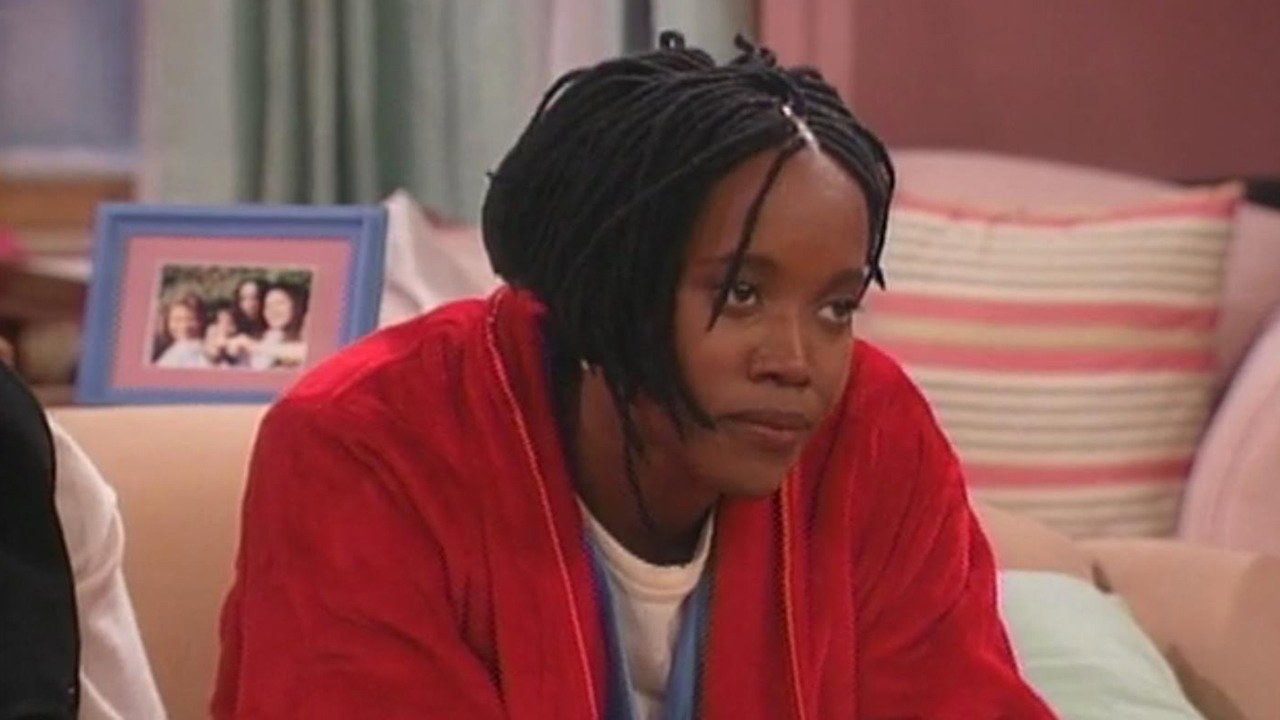
“Living Single” got snubbed harder than Leonardo DiCaprio at the Oscars pre-“The Revenant.” Despite its groundbreaking content and loyal fanbase, the show’s trophy case remained as empty as the “diversity” section of “Friends’” DVD extras. It’s almost as if the awards committees had something against the show—but obviously not the concept, since the same show recast with a different name went on to win 6 Primetime Emmys. Hell, Living Single has only been nominated for two Emmys, while Friends has been nominated for 62!
It’s no secret that the awards establishment criminally overlooked “Living Single” during its original run. While “Friends” racked up accolades and acclaim, “Living Single” was largely ignored, despite its undeniable similarities. The lack of recognition speaks volumes about the systemic biases and double standards that plague the tv & film industry to this day.
Plagiarism Allegations: The Imitation Game
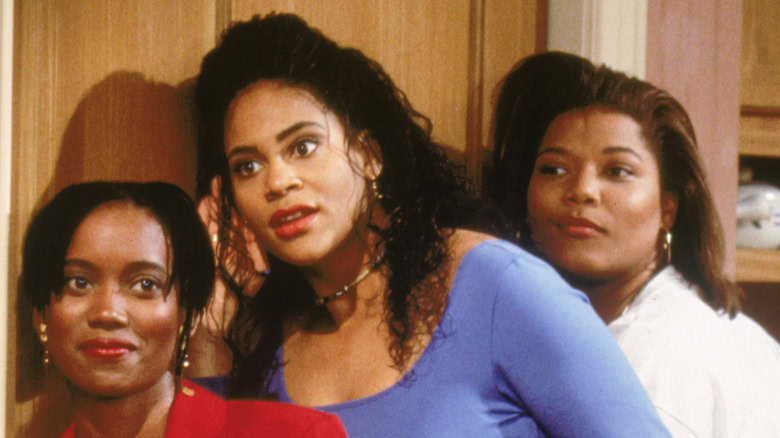
And finally, let’s address the elephant in the room – the plagiarism allegations. “Friends” didn’t just “draw inspiration” from “Living Single”; it practically xeroxed the blueprint and slapped a new title on it. “Living Single” was the original close-knit group of friends navigating life in the city. “Friends” saw that, copied the homework, and somehow ended up with all the credit. If imitation is the sincerest form of flattery, “Living Single” should be f***ing gushing with pride – but instead, it’s just side-eyeing “Friends” from across the room, because, WTF!?
Let’s call a spade a spade. “Friends” didn’t just borrow a few ideas from “Living Single”; it shamelessly ripped off the entire premise and cast of characters. “Living Single” was essentially a watered-down, whitewashed version of its counterpart. “Friends” shamelessly copied the close-knit group of friends living in New York City, as well as the quirky personalities and comedic tomfooleries.
While some “Living Single” cast members like Kim Coles have addressed the glaring similarities, others like Erika Alexander see the similarities as a moment in history lesson to teach from. And let’s not forget Queen Latifah’s revelation about Warren Littlefield’s interesting choice of inspiration for “Friends,” leaving fans to ponder the real origins of the show. So while Jennifer Aniston and David Schwimmer may have avoided the elephant in the room, fans certainly didn’t.
In a world where “Friends” reigns supreme, “Living Single” remains the unsung hero, relegated to the sidelines of television history. While the former bask in accolades and adoration, the latter stands as a testament to resilience and authenticity in the face of creative plagiarism. We can’t deny the legacy of either of these two iconic sitcoms, but let us not forget the pioneers who paved the way for a more inclusive and representative media landscape—Living Single and its creators being among them. It’s not just about laughter and coffee shop conversations—it’s about who gets to tell their story and whose voices are heard in the narrative of our collective cultural consciousness. I say, give Living Single it’s damn just due!
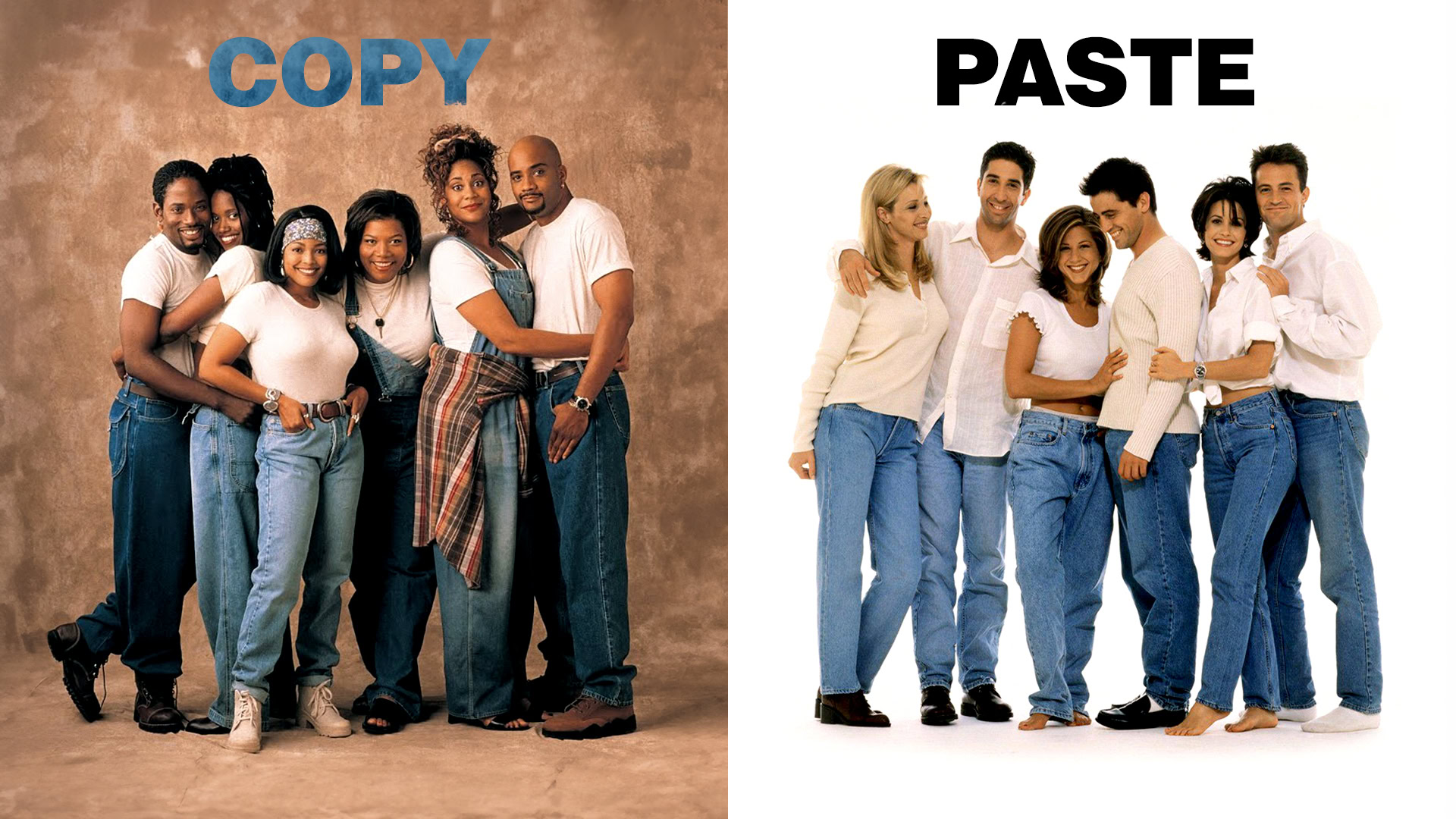


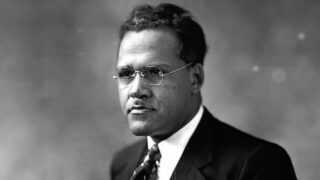
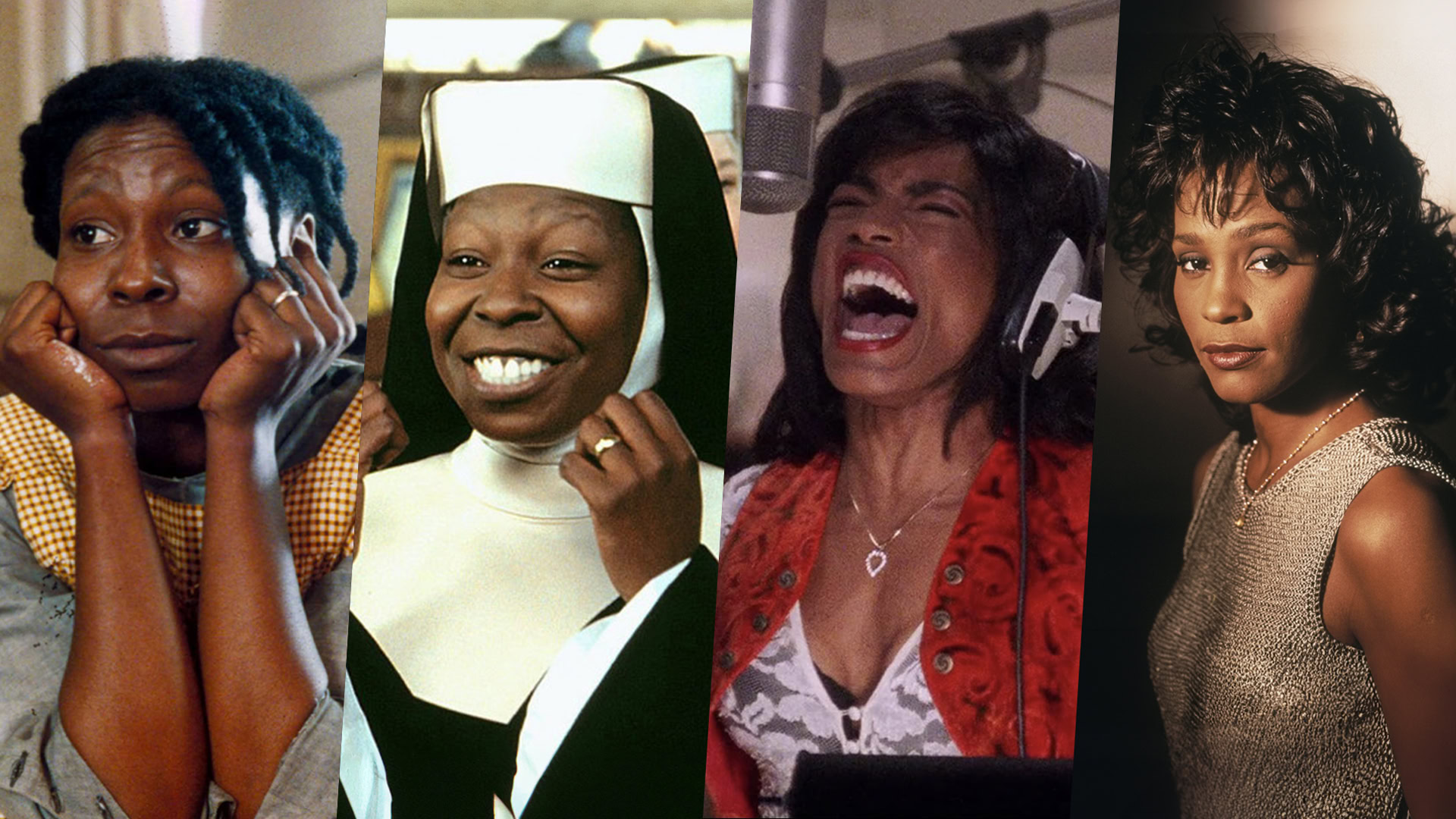


Leave a Reply